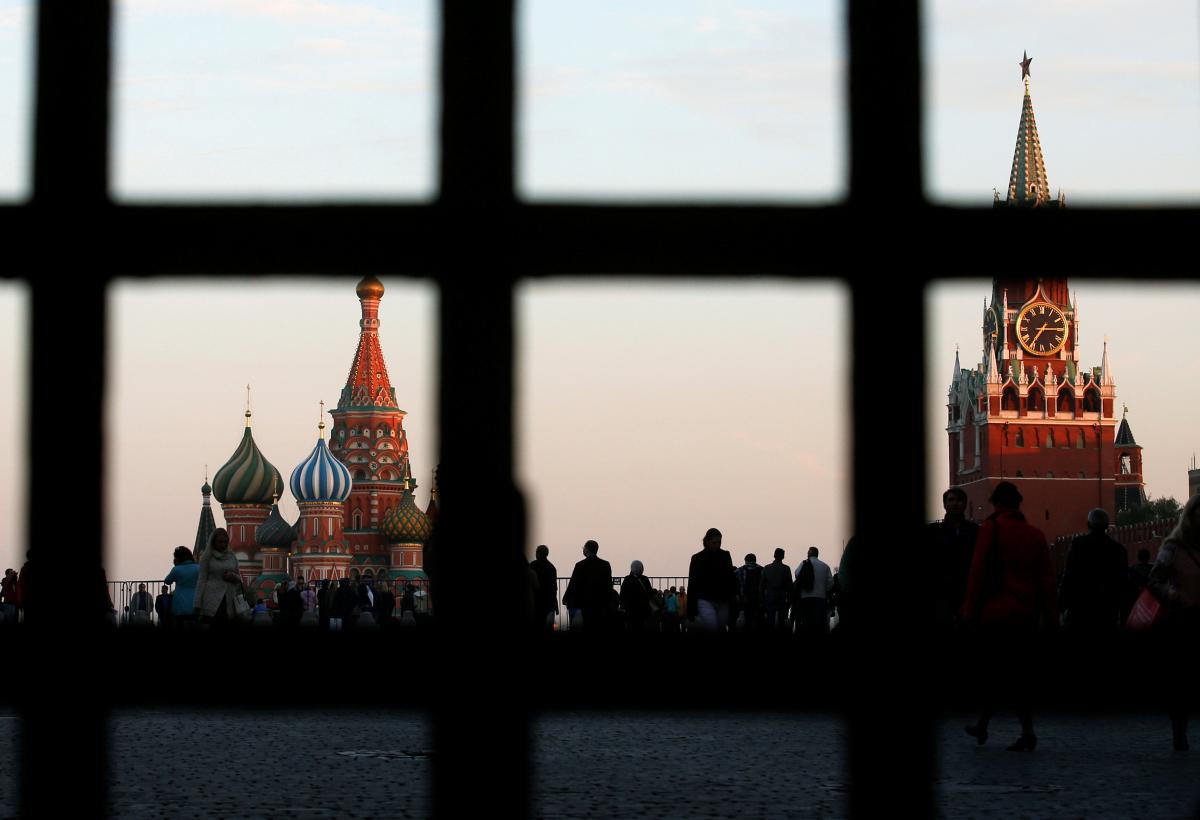
There have been no acts of anti-Semitic violence in Ukraine over the last two years and relatively little anti-Semitic vandalism. This lack of news would not be worth reporting if it wasn’t for Russia's constant claims that the opposite is true, as well as evidence that provocateurs have been paid to simulate hate crimes.
Russia’s attempts from 2014 to justify its aggression against Ukraine by claiming that ‘fascist and anti-Semitic hordes’ had seized control after Euromaidan ran into two major problems. One was the large number of prominent Jewish religious and secular figures who came out publicly to refute such lies. There was also the significant amount of monitoring carried out by Vyacheslav Likhachev and the National Minorities Monitoring Group he heads, that's according to the Kharkiv Human Rights Protection Group.
In an important article for the Ukrainian newspaper Khadashot, Likhachev has reported of their 2018 monitoring results and provided an insight into changes in the situation and why so many reports are in conflict with the hard facts.
One of the problems with most reports is that they are prompted by one or two events which are then asserted to reflect “an alarming increase” or similar. Likhachev, however, has been both monitoring specific years and comparing them with others since 2004, and his findings are quite different.
Read alsoIntel of "enemy state" behind 2017 Uman blast – Police chief
The worst years for acts of anti-Semitic violence were from 2005 to 2007, where there was a wave of dangerous street attacks. In 2005, thirteen people became victims of such violence, while in 2004, and in both 2006 and 2007 there were eight victims. The number fell to five in 2008, then to one in 2009 and 2010 and none at all in 2011. In each of the following three years there were four victims, with this number falling to one in 2015 and 2016, and then none in 2017 and 2018.
Based on his evidence, Likhachev concludes that there is no anti-Semitic violence in Ukraine and that Ukrainian Jews are not confronted with direct physical danger.
The main anti-Semitic crime observed is that of vandalism, including desecration of graves, synagogues and memorials to victims of the Holocaust, with the methods including the breaking of windows, arson or anti-Semitic or neo-Nazi graffiti.
There were 12 such cases in 2018, though that figure may change very slightly as two cases are being checked. Even if these are added, the figure will still be half that of the previous year.
The second factor Likhachev mentions is particularly interesting given Russia’s attempts to use the ‘anti-Semitism card’ against Ukraine. A contributory cause for the increase in anti-Semitic vandalism in 2014-2017, he is convinced, was the active support for Ukraine’s government from the Jewish community and participation of prominent community members in defending Ukraine’s independence, sovereignty, and territorial integrity.
“This quite naturally provoked demonstrations of anti-Semitism on the part of pro-Russian separatists. Among people supporting Russian nationalism, anti-Semitic views are in any case quite widespread,” he said.
At the beginning of 2016, in a study Two Years of War: Xenophobia in Ukraine 2015, the National Minority Rights Monitoring Group reported a dangerous increase in xenophobia only in Russian-occupied Crimea.
Another factor which Lichachev mentions is Russia trying to push the idea that all of Ukraine is a hotbed of separatist moods and using fake national minority movements which ‘demand autonomy’ and claim to be victims of persecution. In the vast majority of such cases, real organizations representing the particular minority have publicly debunked their claims.
While there is less definite information available, recent criminal prosecutions, including one by the Polish authorities, suggest that many apparently anti-Semitic, anti-Hungarian, anti-Polish and other hate crimes have essentially been acts of provocation carried out for money. Such acts, Likhachev says, have been organized by pro-Russian forces in order to destabilize Ukraine and damage its reputation.

